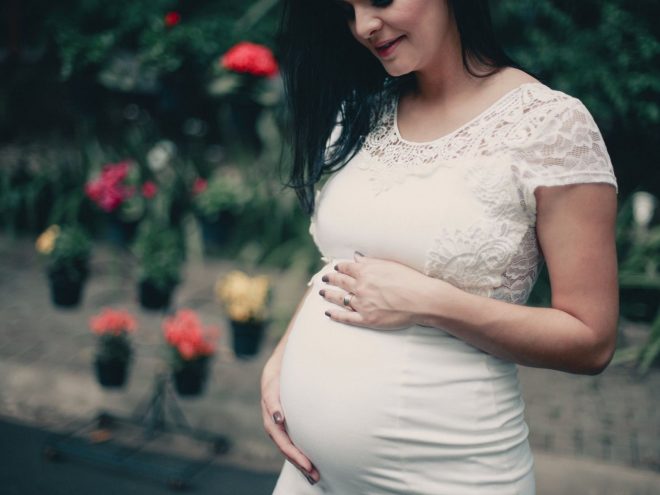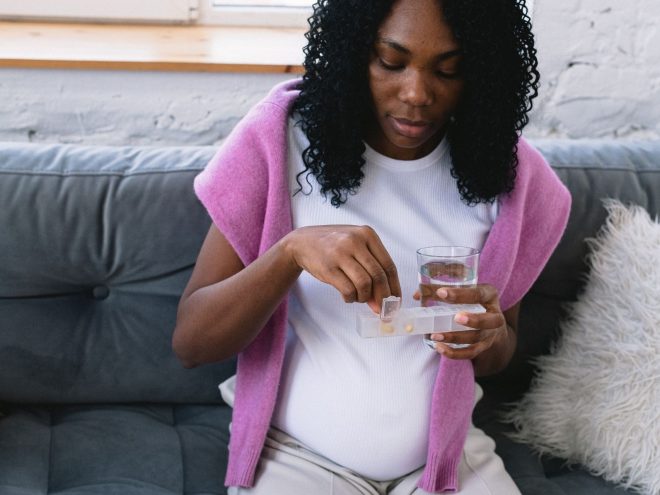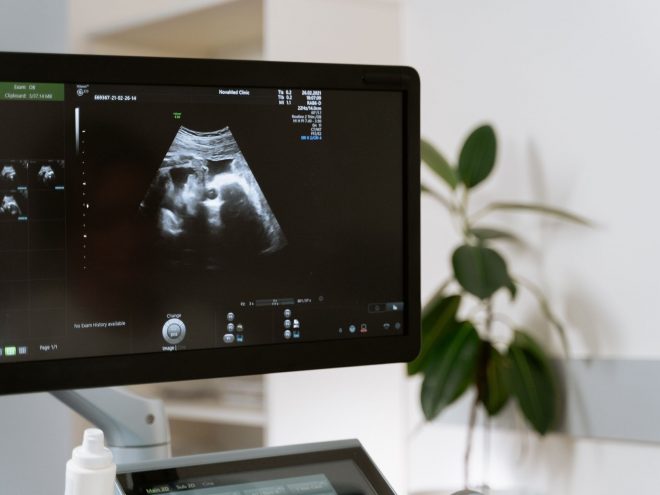Are you wondering if you’re pregnant? Pregnancy affects each woman differently. Some will notice symptoms within the first few days after conception, while others might not see any change until they miss a period.
Pregnancy symptoms are caused by an increase in hormones like human chorionic gonadotrophin (hCG), estrogen and progesterone. If you think you might be expecting, here are the five most common pregnancy symptoms.
1. Missed Period
The most obvious symptom of pregnancy is missing your period. If a week or more has passed since you would typically get your menstrual cycle, and you and your partner have been trying to get pregnant, there’s a chance you could be in the early stages. Note, if you have irregular cycles, a missed period may not be a reliable symptom to determine your pregnancy.
2. Fatigue or Exhaustion
During the early stages of pregnancy, many women experience extreme tiredness. Fatigue occurs because of the hormonal changes that transpire in a woman’s body. Progesterone is essentially to blame for these feelings of exhaustion. Expect fatigue to last for most of the first trimester, disappear in the second, and return in the third.
3. Nausea and Vomiting
If you are pregnant, you might experience morning sickness or feelings of nausea that can be accompanied with or without vomiting. Note that just because it’s called morning sickness, many women experience these symptoms throughout the day. You can expect morning sickness symptoms to start around four to six weeks and peak at nine weeks.
If the thought of morning sickness is getting you down, know that most women experience the worst symptoms in the first trimester and won’t encounter nausea for the rest of their pregnancies. To help lessen your sickness, try snacking on saltine crackers before you get out of bed. Stay hydrated, use sea bands to limit nausea, and try Preggie Pops or ginger candies to settle your tummy.
4. Tender or Aching Breasts
Due to changing hormones, you’ll likely experience soreness in your breasts. The sensation in your breasts may feel similar to what you experience before a period, and probably they’ll feel tender to the touch. The hormones will cause your breasts to enlarge during pregnancy and cause your nipples to darken. The aching feeling is only temporary and will probably end after the first trimester.
5. Increased Urination
An early pregnancy sign is an increased need to use the bathroom. There’s more blood in your body during pregnancy, so your kidneys process additional fluid, filtering more to your bladder. This causes you to rush to the bathroom more frequently. Most women experience increased urination throughout their entire pregnancies. However, this symptom gives you lots of good reasons to get up and walk around.
Other Early Signs of Pregnancy Women May Experience
In addition to the five common symptoms of pregnancy that most women will experience when they’re pregnant, some women may experience these additional signs early on:
Spotting
For one-third of pregnant women, the very first signs can be light spotting. The spotting is called implantation bleeding and occurs ten to 14 days after conception. Implantation bleeding is typically a pale pink to dark brown color. Additionally, it’s just spotting to light bleeding inflow–making it distinguishable from your average period.
Bloating
Due to hormonal changes, you might feel more bloated than usual. If you get a bloated feeling during your menstrual cycles, it will likely feel similar.
Cramping
Some women may experience mild uterine cramping in the early stages of their pregnancy. It’ll likely feel similar to the cramps you’ve experienced during your past menstrual cycles. However, if you experience severe uterine cramps, contact your doctor for a follow-up.
Mood Swings
Many women report roller coaster emotions–overjoyed one moment, sobbing the next. You can blame the flood of pregnancy hormones for your mood swings and for making you unusually emotional.
Food Cravings and Aversions
In the early stages of pregnancy, you might become sensitive to odors, and your sense of taste could shift. This is likely because of hormonal changes in your body. If you identify any food aversions or cravings, it’s okay to indulge as long as you’re eating enough and drinking plenty of water.
Watch for the Symptoms and Take a Test
Once you notice you’re experiencing these five common pregnancy symptoms–missing a period, fatigue, morning sickness, sore breasts and increased urination, you should take a pregnancy test. There’s a good chance you could be expecting. Congratulations, mama!





